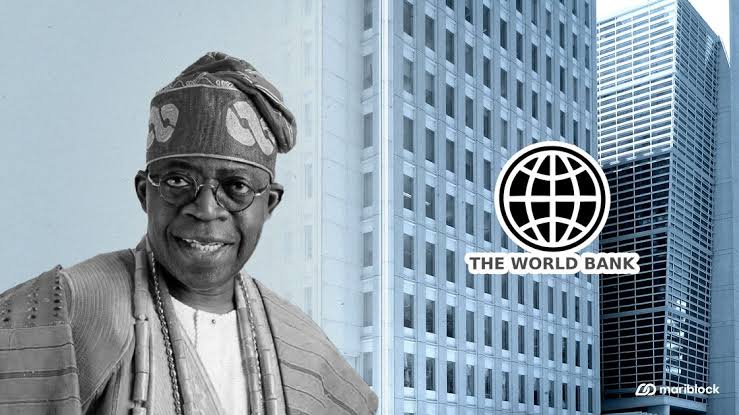The World Bank, on July 15, announced a $10 million investment in skills development aimed at addressing youth unemployment in Nigeria.
Mistura Rufai, an education specialist at the World Bank, disclosed this at the commencement of a two-day Innovation Grant Facilities (IGF) Memorandum of Understanding (MoU) and Contract Signing and Implementation Workshop in Abuja.
The workshop was organized by the Innovation Development and Effectiveness in the Acquisition of Skills (IDEAS) Project under the Federal Ministry of Education.
Rufai emphasized the importance of empowering Nigerian youth through skill development to boost the country’s economic prospects. She noted that the current scheme includes about 78 grantees, aiming to empower over 50,000 youths nationwide.
Rufai stated, “This facility is designed to support agencies promoting innovations in digital skills training. It aims to foster critical interventions in the skills development ecosystem, ensuring digital skills are developed across the country.”
She added that the training would cater to beginners, intermediate, and advanced levels, with 10,000 youths already undergoing training at the national level.
Blessing Ogwu, the national project coordinator of IDEAS, highlighted the program’s mission to provide every Nigerian child with the opportunity to learn and acquire skills.
She underscored the urgency of removing out-of-school children from the streets and stressed the need for grantees to commit to the initiative to reduce youth unemployment.
Ogwu remarked, “The goal of this project is to focus on skill acquisition to tackle unemployment in Nigeria. We have a significant number of unemployed youths, and skill acquisition is the key to addressing this issue.”
Prof. Ndem Ayara, the IGF Consultant, explained that the project would be implemented within a year as a Public/Private Partnership (PPP).
“In this partnership, the public sector will support the consortium to implement the project up to 80 percent, while the private sector partner will contribute 20 percent. Of the private sector’s contribution, 10 percent will be in kind and the other 10 percent in cash, serving as the counterpart funding,” Ayara elaborated.


